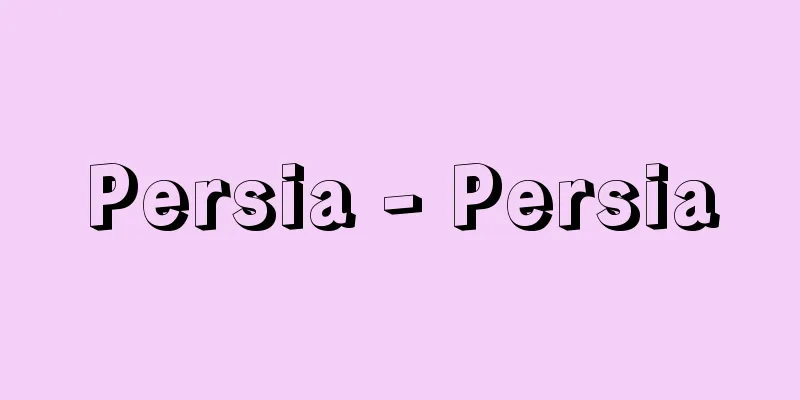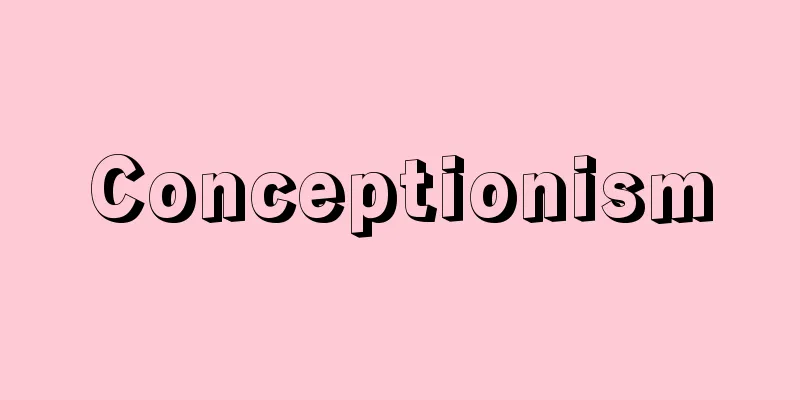Persia - Persia

(Persia)⸨Persia⸩[1] Iran's former self-name. Originates from the Persian region, the birthplace of the Achaemenid Empire. At the end of the 7th century BC, the Median Kingdom was founded, and after the Achaemenid Empire, Alexander's Empire, and Sassanid Empire, it was conquered by the Arabs in the 7th century and became Islamized. In the 9th century, the Samanid dynasty gained independence, but later came under the control of Turkish dynasties, the Ilkhanid dynasty (Ilkhanate), the Timurid Empire, and others. At the beginning of the 16th century, the Safavid dynasty gained independence, and various dynasties followed, but it was semi-colonized by Britain and Russia. In 1925, the Pahlavi dynasty rose to power, and in 1935, the country changed its name to Iran, but in April 1979, it abolished the monarchy, and has existed as an Islamic Republic ever since. Harsha. [Book of Foreign Affairs (1839)] [2] A common name for the Persian Empire. [Additional note] The Chinese official history "Liangshu" contains a story about "Hasi", and the spelling "Hasi" was also introduced to Japan. As an example of old Chinese character spelling, "Hasi-koku" can be seen in "Utsubo-Shunkage", but this is thought to be a phonetic reading of "Hasi" as it is. In the early modern period, it was called Harsha.HarshaChopsticks [Hashi]Source: The Selected Edition of the Japanese Language Dictionary About the Selected Edition of the Japanese Language Dictionary Information |
(Persia)⸨ペルシャ⸩[一] イランの旧自称。アケメネス朝発祥の地であるペルシス地方に由来。前七世紀末、メディア王国が建国され、アケメネス朝・アレキサンダー帝国・ササン朝の時代を経て、七世紀にアラブ人に征服され、イスラム化した。九世紀に、サーマン朝が独立したが、のちにトルコ系諸王朝・イルハーン朝(イル汗国)・チムール帝国などの支配下にはいった。一六世紀の初め、サファビー朝が独立し、以後諸王朝が続いたがイギリス・ロシアによって半植民地化された。一九二五年、パフラビー(パーレビー)朝が興り、三五年、国号をイランと改めたが、七九年四月に王制を廃止し、イスラム共和国として現在に至っている。ハルシャ。〔外国事情書(1839)〕[二] ペルシア帝国の通称。[補注]中国の正史「梁書」には「波斯」伝があり、日本にも「波斯」の表記が伝えられた。古い漢字表記例として「宇津保‐俊蔭」等に「波斯国」が見えるが、これは「波斯」をそのまま「ハシ」と音読みしたと思われる。近世にはハルシャと呼ばれた。
ハルシャ【波斯】はし【波斯】出典 精選版 日本国語大辞典精選版 日本国語大辞典について 情報 |
Recommend
Guerrero, F.
...Morales's sacred choral music, while well ...
Galanter, E.
...With regard to the nervous system, examples in...
humanitalianism
...However, in Japan, this special meaning of hum...
dribble
...A type of ball game. Two teams of six (or nine...
One-eyed Jizo - Katamejizo
...The belief that Jizo guides all living beings ...
Liu Huan - Ryusha
544‐610 A Chinese scholar of the Sui Dynasty. His ...
Felis jacobita (English spelling)
…[Tadaaki Imaizumi]. … *Some of the terminology t...
Fillet
...However, now that short hairstyles have become...
Senju - Thousand Hands
[1] A thousand hands. Also, many hands. ※Warambegu...
Jia (English spelling)
One of the ancient Chinese ceremonial vessels, it ...
Takamine Chikufu - Takamine Chikufu
A performer of the Chikuzen Biwa. Born in Hakata....
clamp connection
...The classification system is based on various ...
Mechanical pencil - Sharp Penshiru
A writing instrument with a replaceable lead, in ...
Miike Dispute - Miike Sogi
This is one of the most notable mass labor strike...
Basal ganglia
A group of nerve nuclei located at the base of the...









